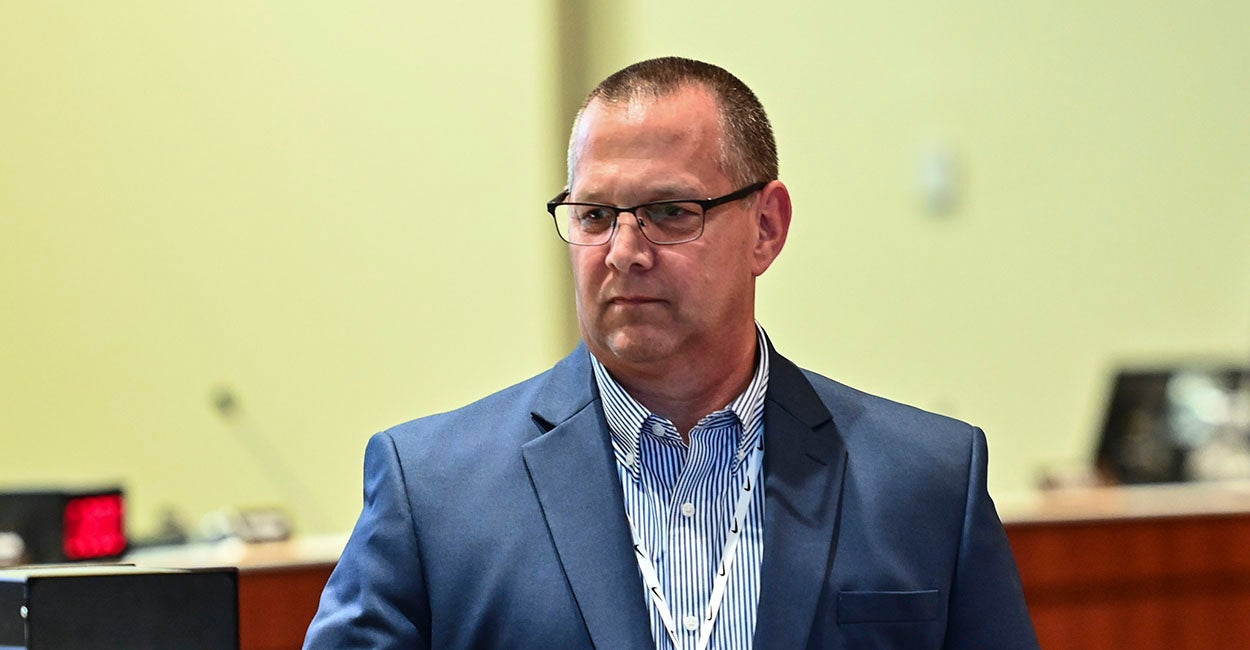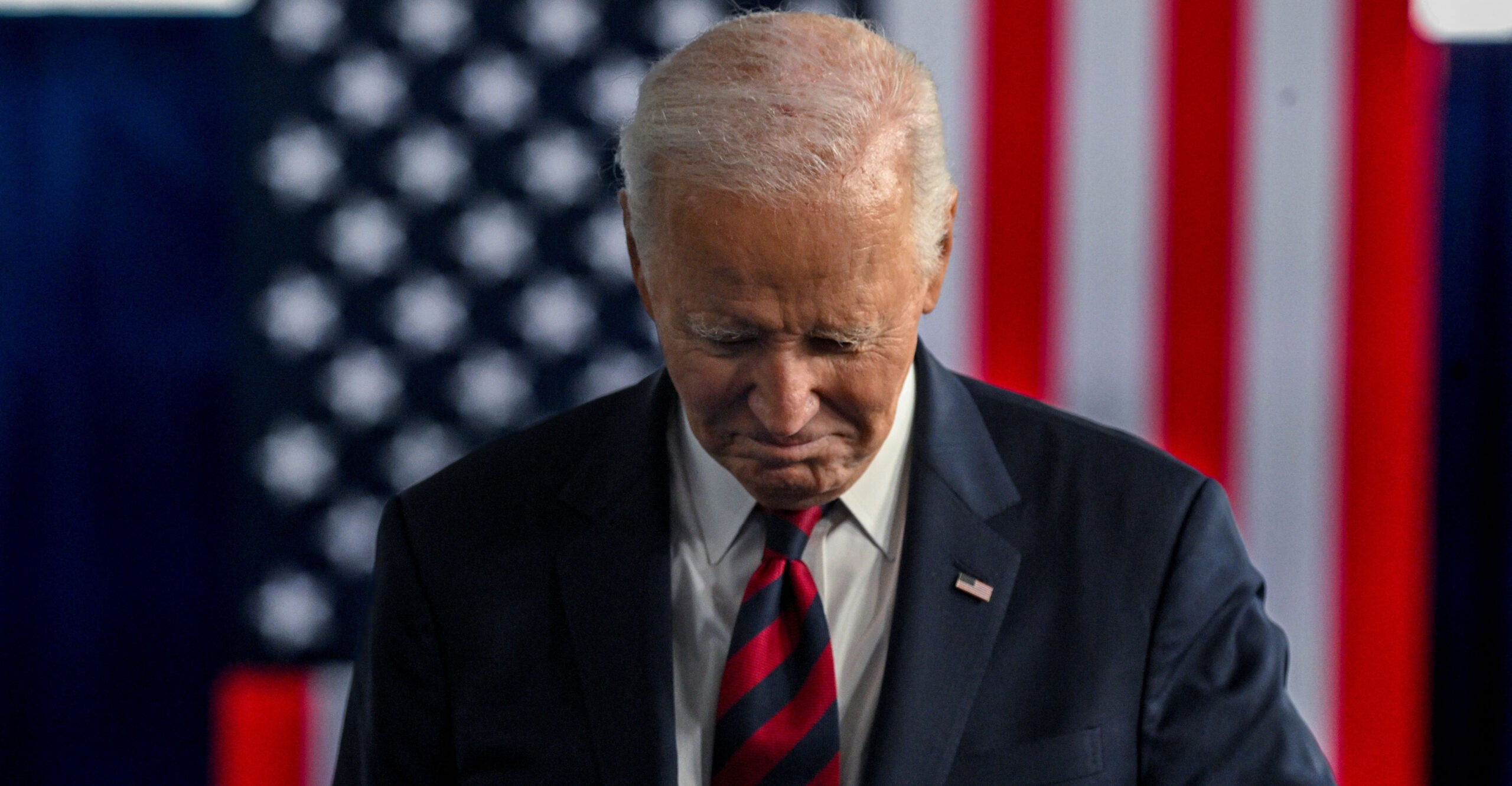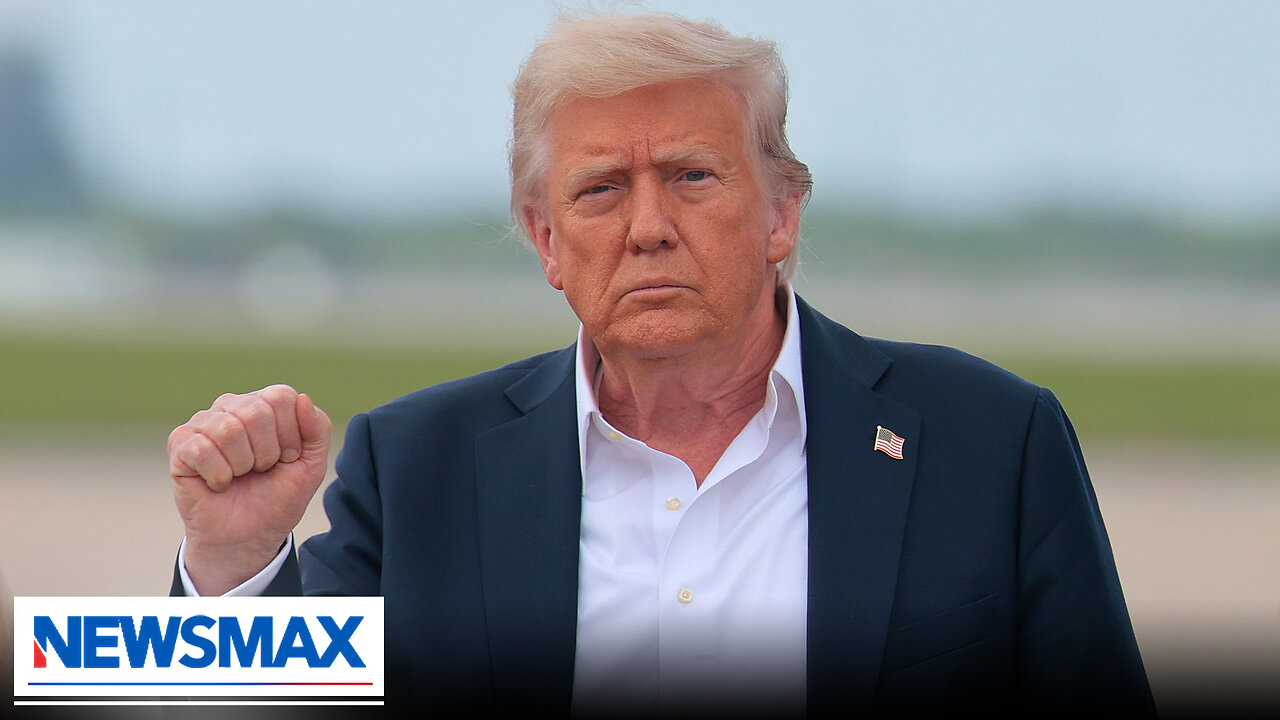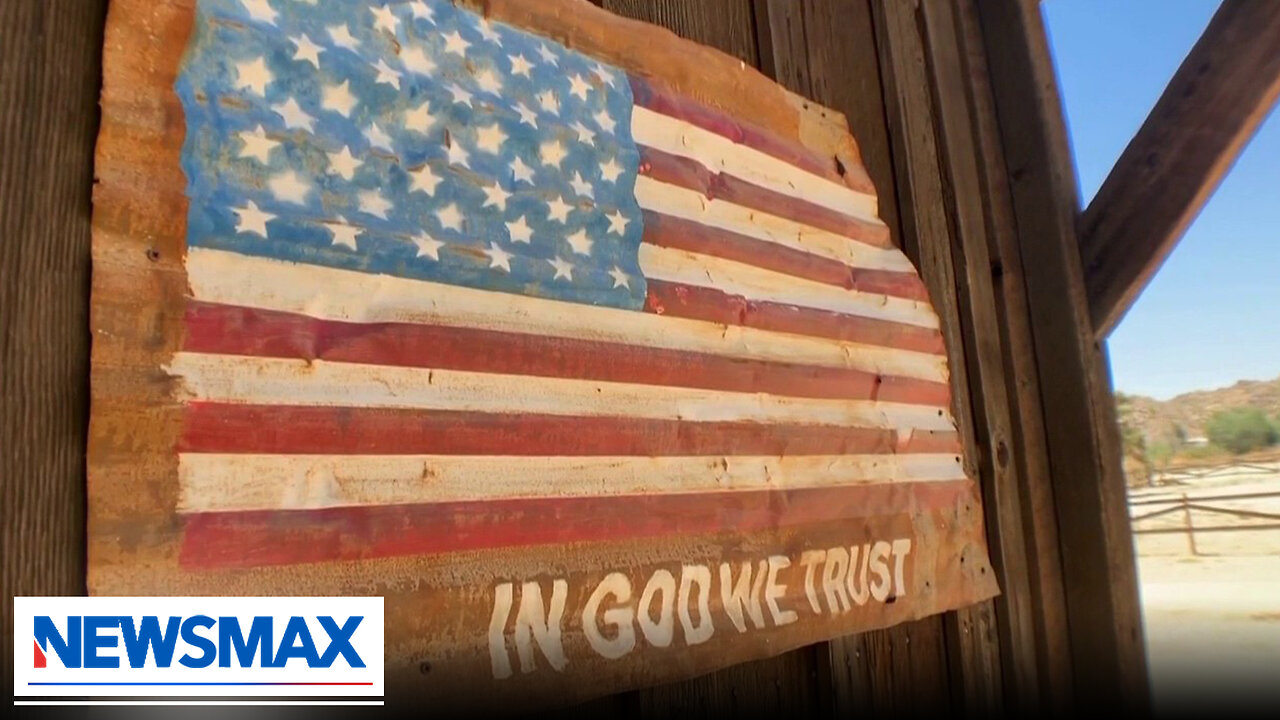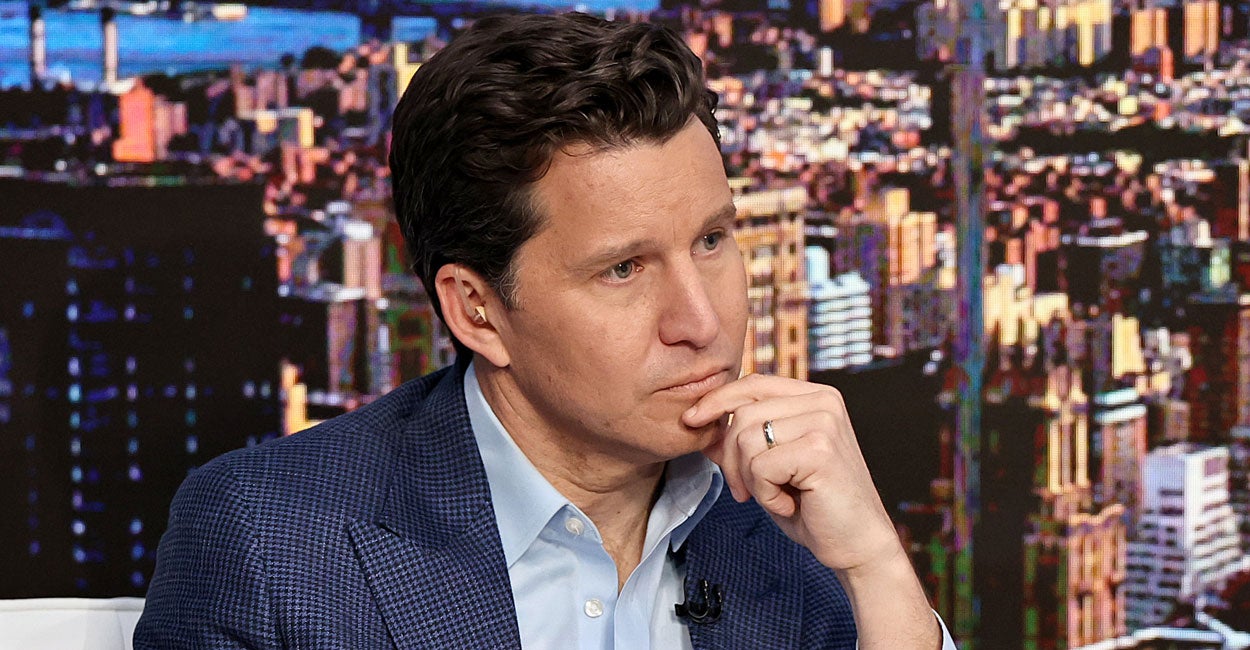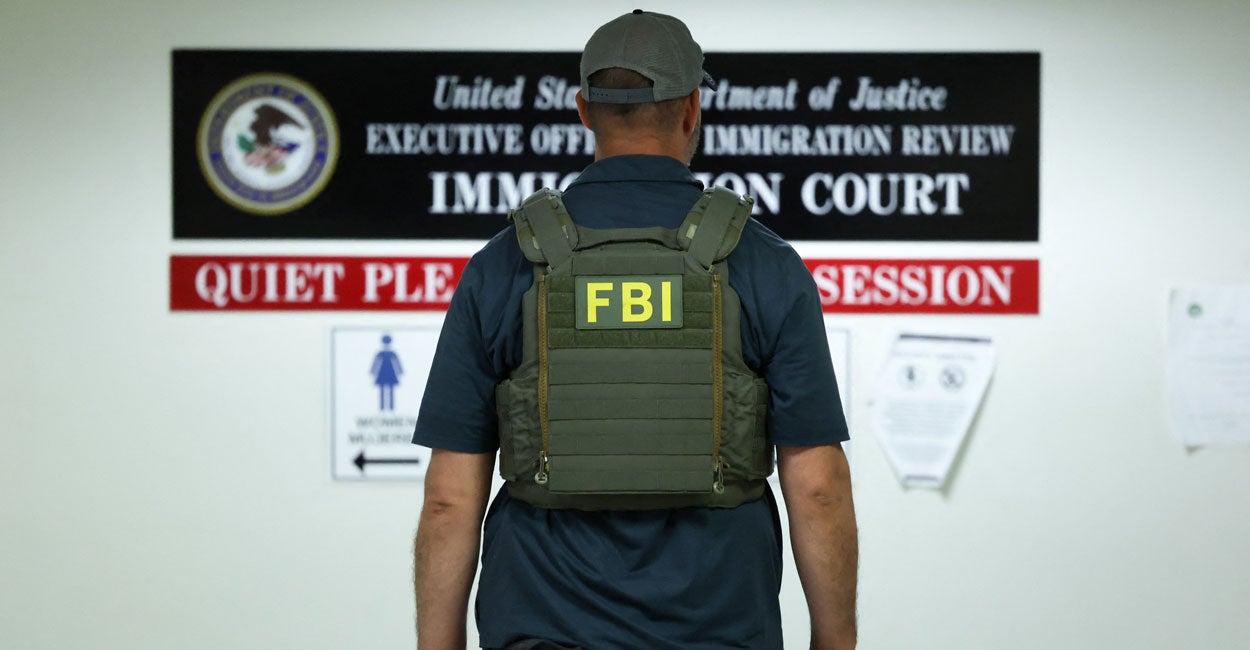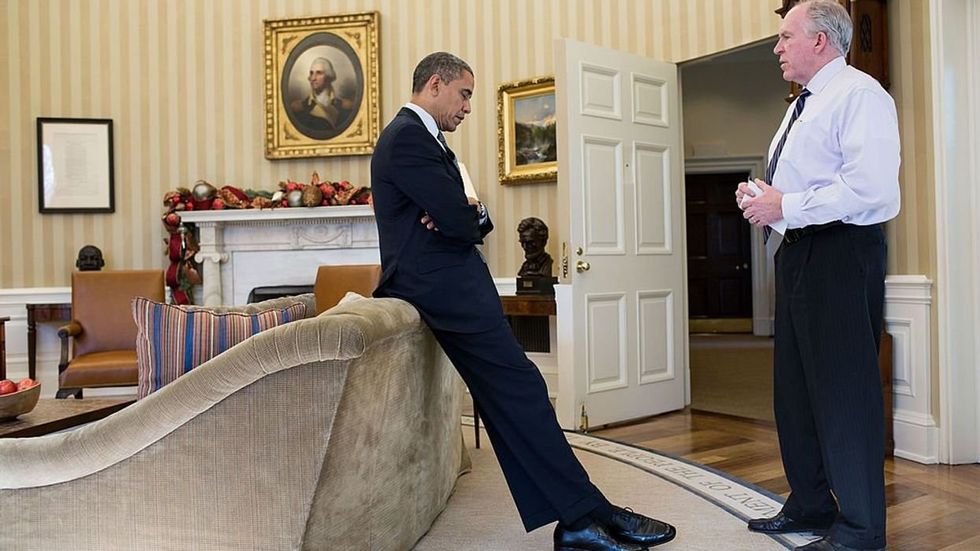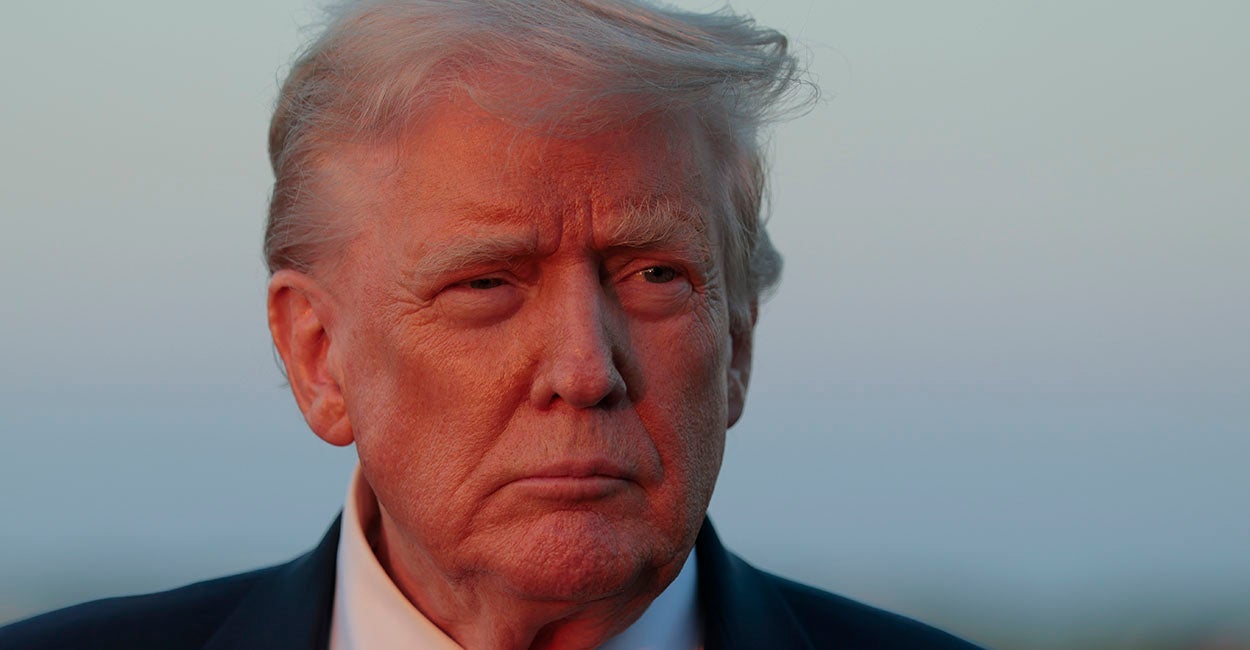Chinese Balloon Used American-Made Tech To Gather Intel, Analysis Finds
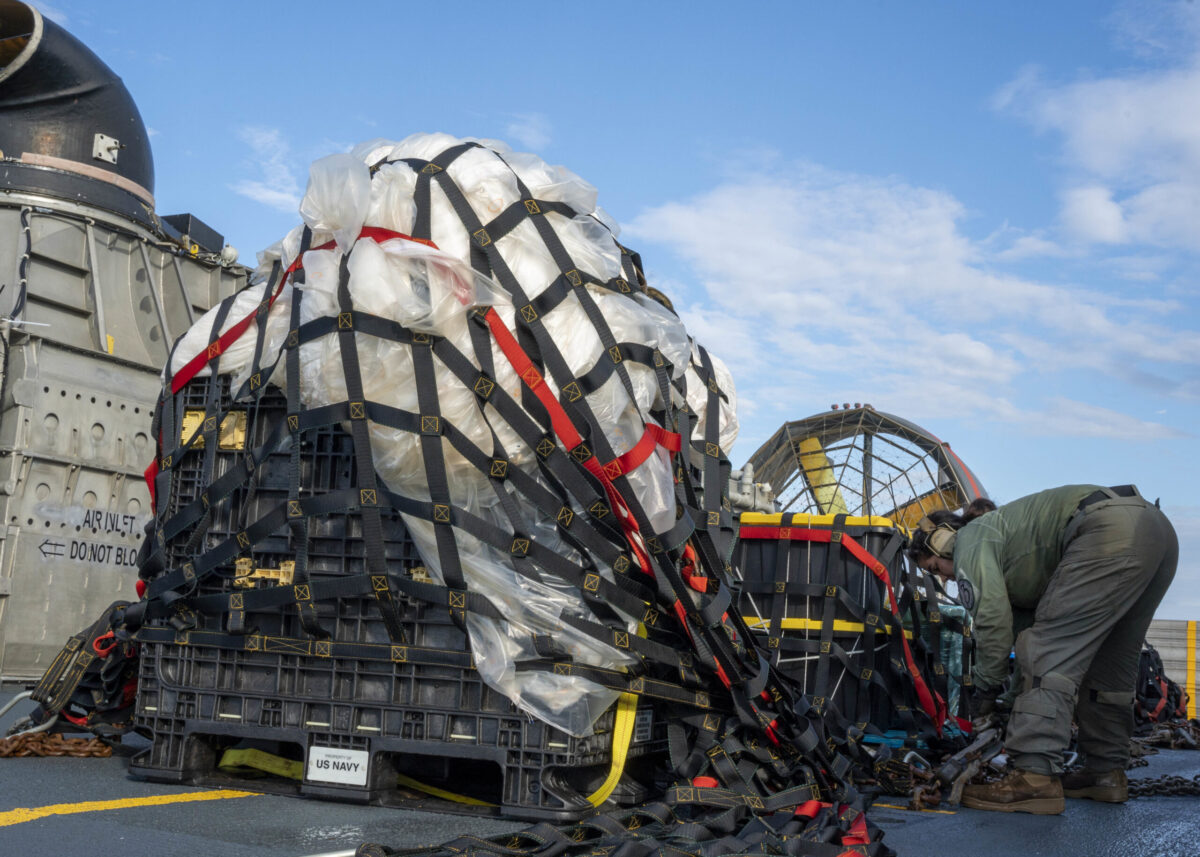
A Chinese spy balloon caused alarm after it flew across the United States two years ago, likely collecting data on millions of Americans, but a new report points to American technology in the device rather than Chinese surveillance tech.
According to a new report by Newsweek, the 200-foot craft contained satellite communication modules and sensors from multiple U.S. companies, potentially enabling significant data collection on American infrastructure.
Sources told Newsweek that “The technology … matches that in a patent awarded in 2022 to scientists at the Chinese Academy of Sciences (CAS) Aerospace Information Innovation Research Institute in Beijing, which has links to China’s military and to its industrial defense base.”
“The patent included a short burst messaging module called Iridium 9602 made by Iridium, a global satellite communications provider based in McLean, Virginia – and coincidentally less than five miles from CIA headquarters.”
The Iridium patent was titled, “A high-altitude balloon safety control and positioning recovery device and method.”
“The analysis of the materiel recovered from the balloon showed that it had incorporated an Iridium communications system as well as technology from four other U.S. companies and at least one Swiss company, the sources said,” per Newsweek.
“A Chinese company would not have given them full satcom coverage over the U.S.,” a former intelligence employee told Newsweek.
The balloon contained communications from American companies Texas Instruments, Omega Engineering, Amphenol All Sensors Corporation, and Onsemi.
In response, Iridium admitted to having partners in China, but declined to identify them, claiming that the tech could have been obtained on resale markets.
“We certainly don’t condone our radios or our modules ending up and being used in ways they shouldn’t be,” said Jordan Hassim, Iridium’s Executive Director for Communications.
Newsweek gained access to a 75-page technical review of the balloon conducted by the National Air and Space Intelligence Center in Ohio.
Investigators reportedly discovered hints of empty compartments that could hold deployable devices, such as specialized gliders intended to gather additional data. The analysis also indicated that some of the surveillance equipment, including hard drives for storing potentially crucial imagery, was kept in a simple foam cooler, surprising those who expected more sophisticated protective enclosures.
Beijing continues to assert the device was a meteorological balloon that drifted off course, with one embassy spokesperson telling Newsweek, “The straying of the Chinese civilian unmanned airship into the US airspace was an accident caused by force majeure.”
“The airship, used for meteorological research, unintentionally drifted into U.S. because of the westerlies and its limited self-steering capability,” the spokesman said.
Meanwhile, officials involved in the review noted that some of the recovered electronics, including satellite communications modules, matched items found in publicly available patents linked to Chinese research institutes.
Some experts point to this finding as evidence of the need for stricter export control laws that attempt to limit sensitive American-made items from reaching prohibited users and hostile foreign actors.
Originally Published at Daily Wire, Daily Signal, or The Blaze
What's Your Reaction?
 Like
0
Like
0
 Dislike
0
Dislike
0
 Love
0
Love
0
 Funny
0
Funny
0
 Angry
0
Angry
0
 Sad
0
Sad
0
 Wow
0
Wow
0
